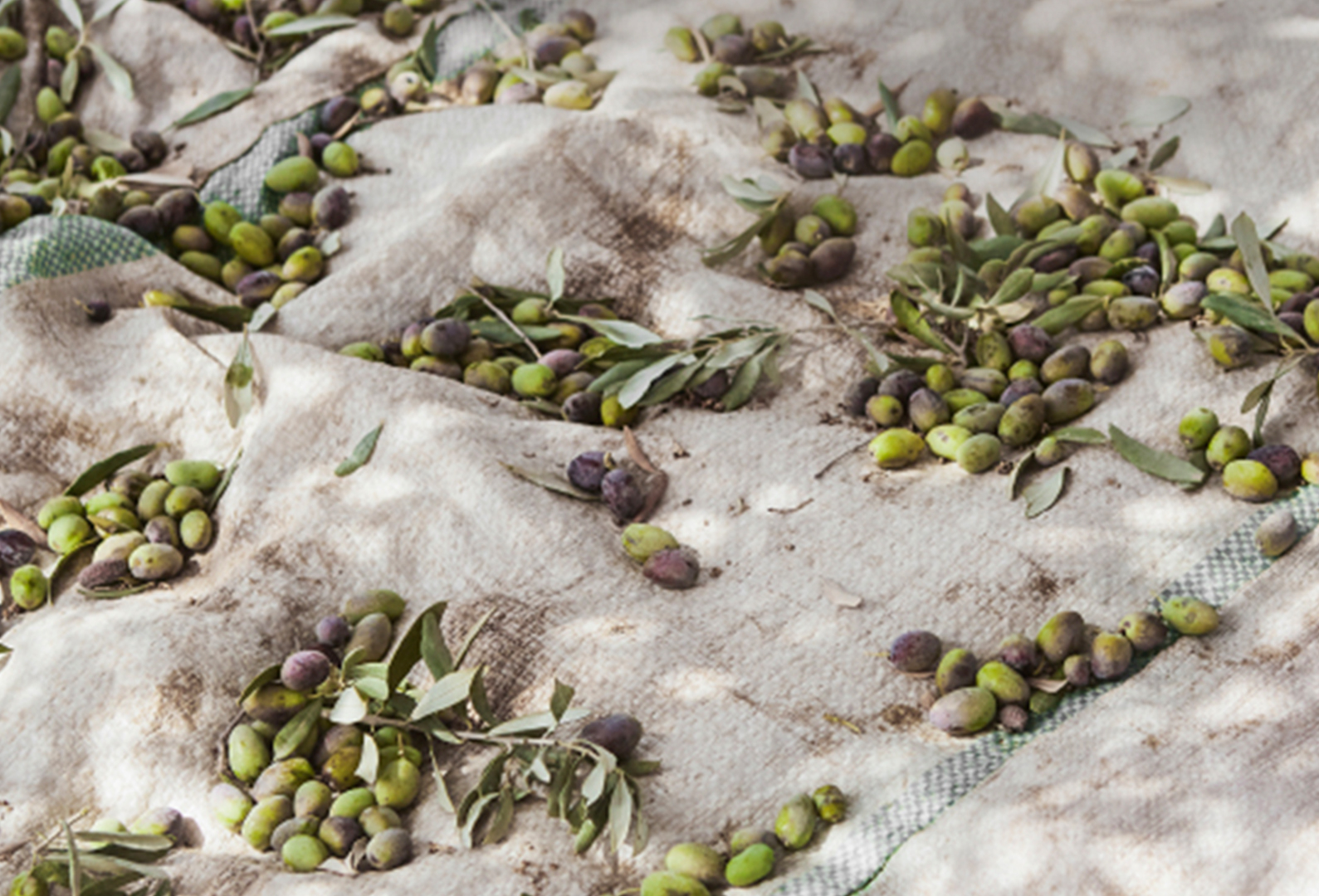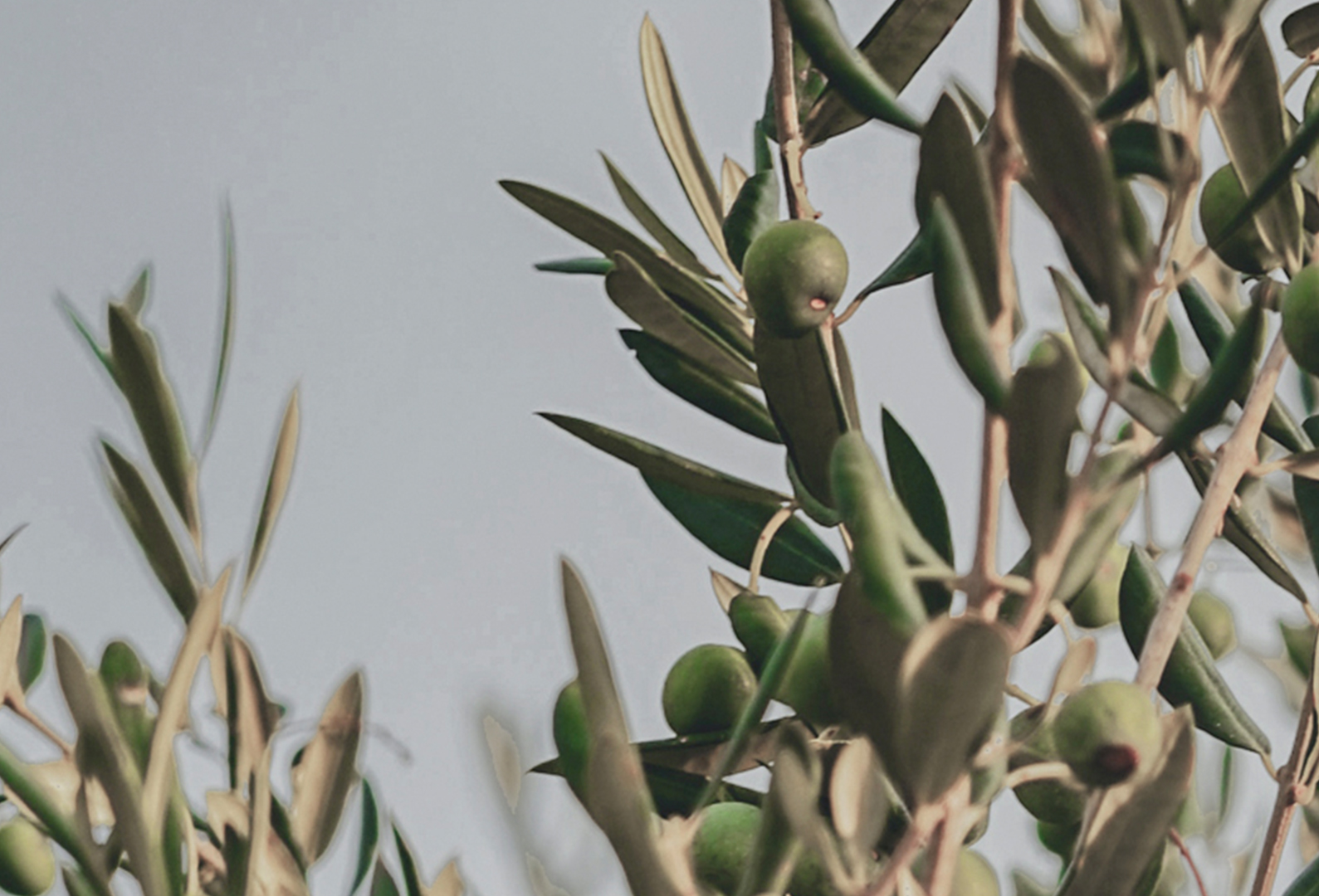a tale of oil and brine
With more than 20 million olive trees spread across the fertile Jordan Valley, olives are more than just a crop for Jordanians: they’re a way of life, a symbol of community, and a link to the country’s rich past. To participate in the annual olive harvest is to take part in a tradition that extends back thousands upon thousands of years (as many as 10,000 years, according to historians and archaeologists). Many of the trees, in fact, are thousands of years old themselves. And during harvest season – which usually falls between October and November – men, women, and children from across the Kingdom flock to the fertile Jordan Valley to engage in this time-honored ritual. When the time comes, large plastic tarps are spread out across the ground beneath the olive trees. The harvesters then climb up into the dense foliage and carefully shake the limbs. And with that, down the olives tumble, onto the plastic tarps where they are then sorted and graded, one by one. It’s a meticulous process, one that no machine could ever do with such care and consideration. And only the ripest, freshest olives will make the cut.
The Souri and Rasie olive varieties are primarily pressed into olive oil – the Rasie known for its unique sweet-meets-bitter flavor profile, and the Souri known for its powerful aroma and acidic bite. The most popular olive variety in Jordan – the Nabali, or Baladi, olive variety – is often gently broken open and soaked in brine. Both olive oil and these brine-soaked olives are steadfast fixtures of the Jordanian dinner table. Along with olive oil’s ubiquitous presence in local cooking, it is the perfect partner for fresh za’atar: Arabic bread is dipped in oil, followed by za’atar, for a true breakfast of champions. It should come as little surprise that Jordan is one of the top 10 olive-producing countries in the world. Of course, for Jordanians, the annual olive harvest is about more than the outcomes of production: it’s about coming together as family and community. It’s about creating a sense of continuity with the past, and onnecting with our ancestors through an age-old tradition.

